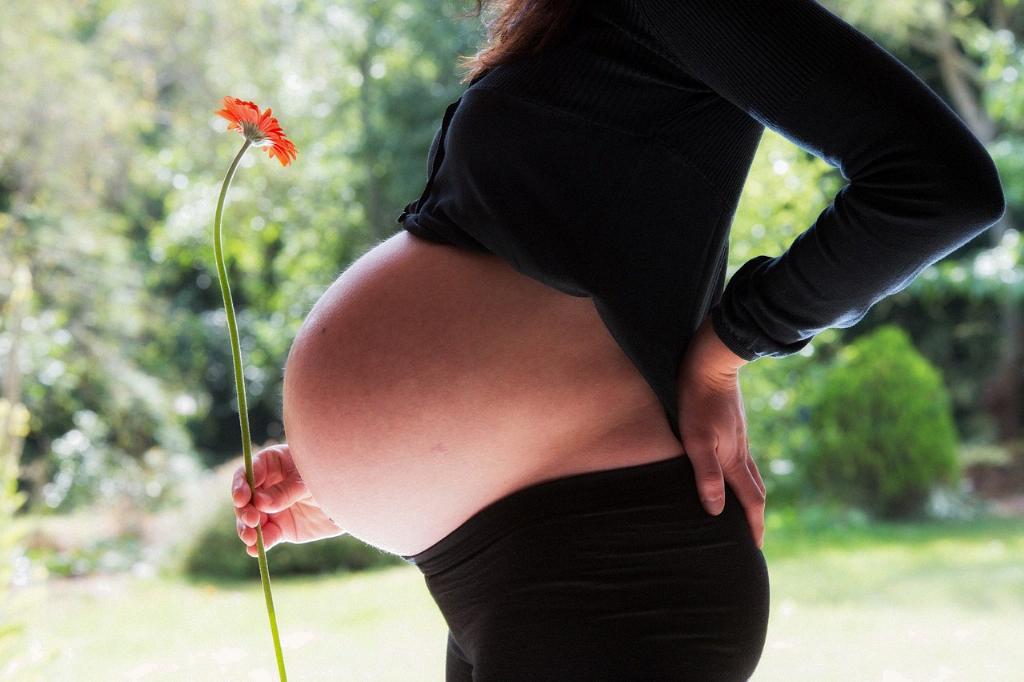When it comes to offering your precious little one something to drink, it’s natural to be cautious and want to make sure you’re giving them the best possible options that are gentle on their delicate systems. One common beverage that adults indulge in but may raise some concerns when it comes to babies is black tea. So, let’s delve into the question: Is black tea safe for babies?
Black tea, such as English breakfast tea, is not recommended for babies, even if heavily diluted and mixed with milk. This is primarily due to the presence of tannins in black tea, which can interfere with the absorption of iron from your baby’s food. Iron is crucial for your baby’s overall health and development, making it essential to ensure optimal absorption.
Moreover, black tea contains caffeine, which can have adverse effects on your little one’s sleep patterns. Babies are highly sensitive to caffeine, and even small amounts can disrupt their sleep, leading to irritability and restlessness. Considering the importance of sound sleep for babies’ growth and brain development, it’s best to avoid exposing them to caffeine-rich beverages like black tea.
As a concerned parent, you may wonder about the potential benefits of black tea for babies. While black tea does contain antioxidants that offer health benefits for adults, such as supporting heart health and reducing inflammation, the same benefits do not outweigh the risks for infants. Babies have different nutritional needs and sensitivities compared to adults, making it crucial to tailor their diet and beverage choices accordingly.
It’s essential to prioritize your baby’s health and well-being by providing them with suitable alternatives to black tea. Opting for hydrating and nutritious options like breast milk or formula, water, or diluted fruit juices can ensure that your baby stays adequately hydrated without exposing them to potential risks associated with beverages like black tea.
When introducing new foods or beverages to your baby’s diet, it’s advisable to consult with your pediatrician or a healthcare professional. They can offer valuable guidance based on your baby’s individual needs and health status, helping you make informed decisions that promote your baby’s growth and development while minimizing potential risks.
Every baby is unique, and what works well for one infant may not be suitable for another. By staying attuned to your baby’s cues and responses, you can better understand what beverages and foods align with their preferences and digestive tolerance. Paying attention to any signs of discomfort or allergies can guide you in making appropriate choices for your little one.
As your baby grows and transitions to solid foods, you can gradually introduce new beverages while monitoring their reactions. Keep in mind that babies’ taste preferences evolve over time, so what they enjoy or tolerate at one stage may change as they explore different flavors and textures. Being patient and flexible in your approach can help nurture a positive relationship between your baby and their food and drink choices.
Remember that each parent knows their child best and can make informed decisions that align with their parenting values and beliefs. Trusting your instincts and seeking support when needed from healthcare professionals or fellow parents can empower you to navigate the complexities of introducing new foods and beverages to your baby’s diet with confidence and care.
In conclusion, while black tea may offer health benefits for adults, it’s best to refrain from offering it to babies due to its caffeine content and potential interference with iron absorption. Prioritizing your baby’s nutritional needs and seeking professional guidance can help you make thoughtful choices that support your baby’s health and growth journey. By being thoughtful and informed in your approach, you can provide your little one with a nourishing and safe environment to thrive and flourish.

